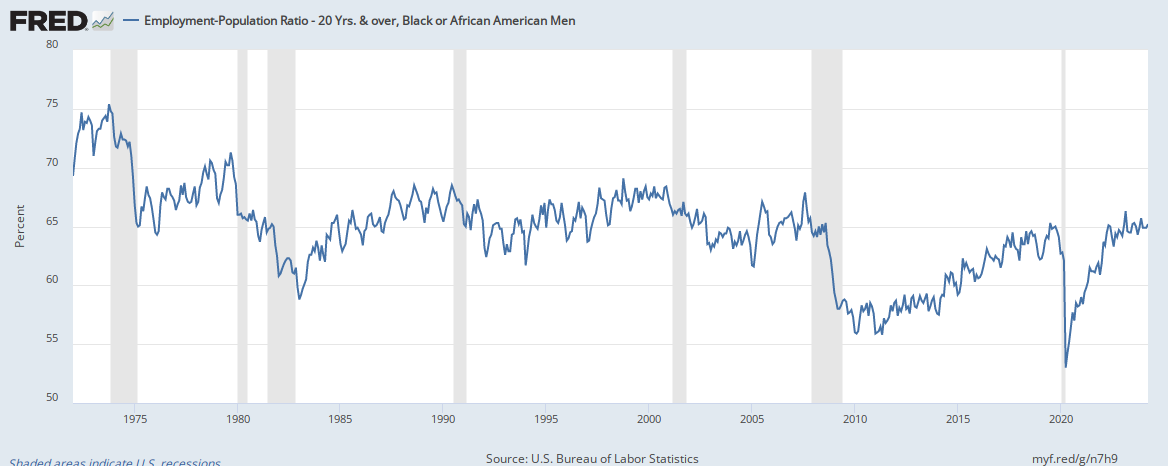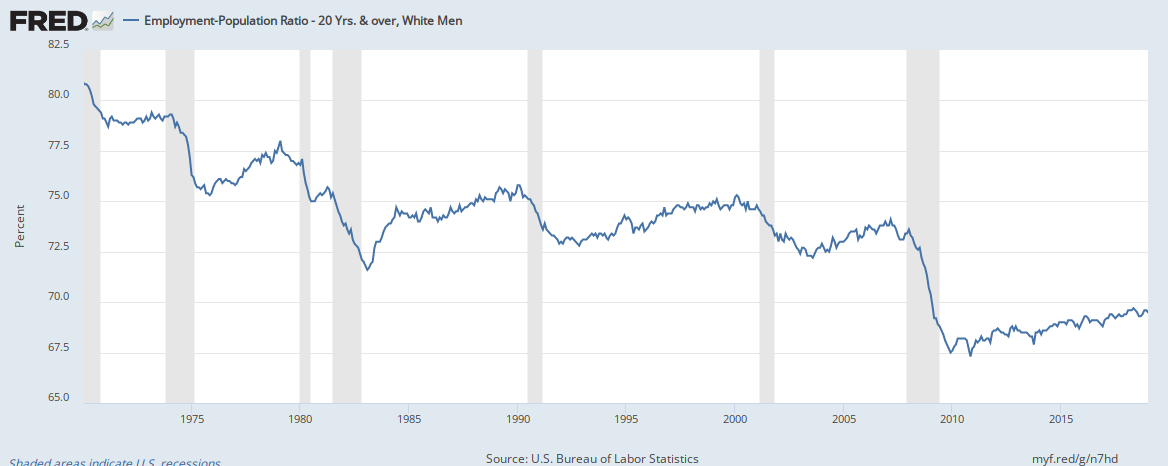- Joined
- Jan 21, 2017
- Messages
- 8,518
- Reaction score
- 2,430
- Gender
- Male
- Political Leaning
- Moderate
Now THERE you have a real point.
When I was hiring is stopped hiring people with lots of "job skills" and next to no "work skills" pretty damn fast. I figured out that it was easier (and cheaper) to teach a person who actually showed up ready and willing to work how to do the jobs than it was to teach a person who knew how to do the job how to show up ready and willing to work. Not only that, but the people who showed up on time and were willing to work stuck around longer (and I think that was because they realized that I was willing to "give them a boost when they needed it"). I adopted the "strategy" I learned from one of my first employers, which was "I pay you eight hours of pay to do eight hours of work. I don't tell you that ten hours of work is eight hours of work. I don't pay sick pay but if you are sick, don't come to work and I'll still pay you because that wasn't your fault. If you get sick too often, then you don't work here any more.". It worked out fine in the long run.
Now we have some common ground. My experience with new hires was similar to yours. You could go through quite a few newbies before you got one that would show up on time every day willing to learn the trade. THOSE kind of newbies didn't have to work for minimum wage for long. Soon they were good enough to be productive members of the crew. And they were the ONLY kind of newbie that the established crew would accept. It wasn't me who would be the most critical of sub-standard new people, it was the crew itself. Come in an hour late three days in a row, or miss a day a week, and pretty soon the crew is chewing me out about hiring such a loser. Because it made their jobs harder. They don't have the time or inclination to baby sit or try to reform some newbie who didn't have his/her heart in the job.
Having said all this, I think we should allow employers a lot of leeway with new people, and keep minimum wage low. However, I would not object to requiring a higher wage after one year.
My wife was the manager of a large union health plan before she retired. Their union agreement called for a 90 day trial (probationary it was called) period, after which the employee could not be fired without major cause. Well, most newbies figured that out. Be a good employee for 90 days then do what you want. Almost impossible to fire them after that 90 days. So she started hiring "temps". She could keep them on the job indefinitely, and if they stuck with it and proved to be productive, she would offer them permanent employment. Usually she did that after about a year of temp work. You can be on your best behavior for three months, but few people can do that for an entire year. Eventually they revert to their true habits. Their real personality and work ethic shows up. Using "temps", the quality of new hires improved dramatically. And it saved her a lot of money and time on the extensive training that was necessary.


